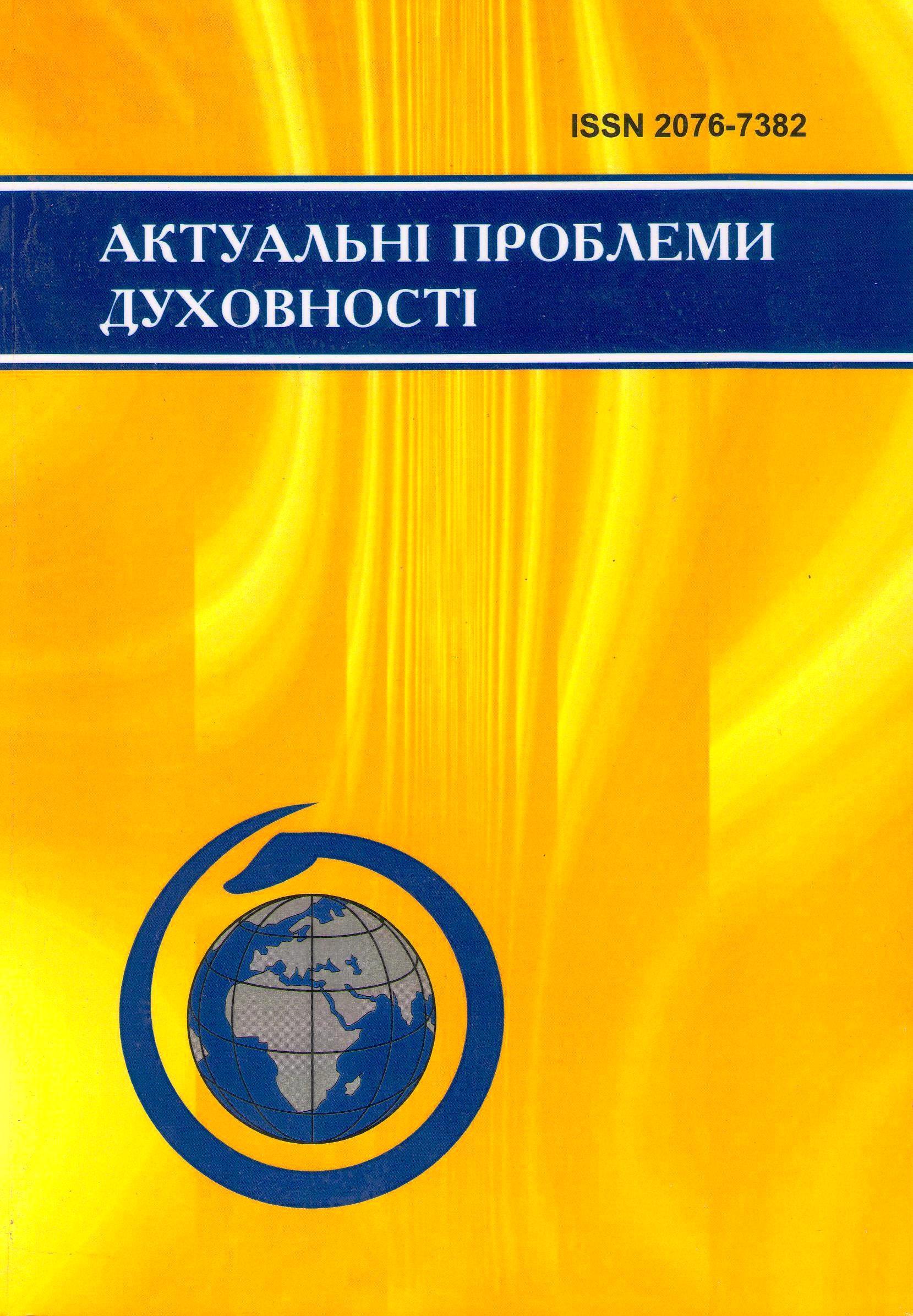Після постмодернізму: «нащадки»/ «маски»?
(філософський начерк)
DOI:
https://doi.org/10.31812/apd.v0i22.4506Ключові слова:
сучасність, постпостмодернізм, постмодерн, альтермодерн, трансмодерн, гіпермодерн, метамодерн, автомодерн, діджімодерн, планетаризмАнотація
У статтi розкрито спектр рiзноманiтних варiантiв дискурсу постпостмодернiзму, якi прагнуть описати соцiальну та культурну складову свiту третього тисячолiття, проте, вiдкидаючи фiлософський пафос постмодернiзму, лише пiдтверджують його життєздатнiсть. Iсторiя повторюється, адже постмодернiзм виник на теренах модернiзму, манiфестуючи вiдмову вiд унiверсалiй, наративiв i гранднаративiв, вiдмовившись вiд орiєнтацiї на європейськi масштаби та прiоритети, захопившись феноменом споживання, американiзацiєю та вестернiзацiєю. Онтико-онтологiчним тлом постмодернiзму була стихiя децентрування, породжена онтологiчними й епiстемiчними сумнiвами, «розсiяним сприйняттям», якi стали наслiдком знайомства та захоплення креативними можливостями хаосу. Прогресивною є постмодерна теза про рiвноважливiсть будь-яких дискурсiв, наслiдком чого стає легiтимацiя вiдмiнностi, визнання маргiналiзованих груп i верств суспiльства, перегляд вiдношення до раси, статi, гендеру тощо. Бунтiвний пафос постмодернiзму в тому, що цей iнтелектуальний феномен позицiонував себе не лише як певну сукупнiсть iдей, а як iсторичний вимiр епохи, сутнiсть якого потрiбно було розкрити. Варiативнiсть концепцiй, що виникають пiсля постмодерну, об’єднанi пафосом заперечення, вiдмови вiд досягнень попередникiв, переконанням в iстинностi лише власної позицiї. Це суто постмодернiстський пiдхiд, детально описаний Ж. Ф. Лiотаром у його роботi «Differend: Phrases in Dispute» (1998). Усi теоретичнi конструкцiї постпостмодерного ґатунку, на вiдмiну вiд постмодерну, не зосереджуються лише на критицi та деконструкцiї, а прагнуть вiднайти та спрогнозувати тенденцiї розвитку соцiуму у ХХI ст., концентруючись в основному на культурнiй складовiй i залишаючи поза увагою полiтику й економiку. Усi новi «-iзми» — це лише «симулякри» постмодернiзму, бо не можуть адекватно описати сучасний стан суспiльства, тому постмодернiзм залишається актуальним i в ХХI столiттi.
Завантажити
Посилання
Rykov A.V. Postmodernizm kak «radikalnyj konservatizm»: Problema hudozhestvenno-teoreticheskogo konservatizma i teoriya sovremennogo iskusstva 1960–1990-h gg. Sankt-Peterburg : Aletejya, 2007.
Beniyamin V. Proizvedenie iskusstva v epohu ego tekhnicheskoj vosproizvodimosti. Moskva : Medyum, 1996.
Hassan I. K koncepcii postmodernizma. URL: https://culturolog.ru/content/view/2765/68/
Afanasov N.B. V poiskah utrachennoj sovremennosti. Sociologicheskoe obozrenie. 2019. T. 18, No 1. S. 256-265.
Harvey D. The Condition of Postmodemity: An Enquiry into the Origins of Cultural Change. Oxford : Blackwell, 1989.
Нutcheon L. The Politics of Postmodernism. New York-London : Routledge, 2002.
Docx E. Postmodernism is dead: Essay. Prospect magazine. August, 2011. URL: https://www.prospectmagazine.co.uk/magazine/postmodernism-is-dead-va-exhibition-age-of-authenticism
Markov A.V. Postmodern kultury i kultura postmoderna. Moskva : Ripol-Klassik, 2018.
Brooks N., Toth J. Introduction: A Wake and Renewed? Supplanting the Postmodern. An Anthology of Writings on the Arts and Culture of the Early 21st Century / Rudrum D., Stavris N. eds. New York-London-New Delhi-Sydney : Bloomsbury Academic, 2015. P. 183-190.
Burrio N. Relyacionnaya estetika. Postprodukciya. Moskva : Ad Marginem, 2016.
Magda R.M.R. Transmodernity: A New Paradigm. Transmodern Theory. 2017.
Kroker A., Cook D. The Postmodern Scene. Excremental Culture and Hyper-Aesthetics. Montreal : New World Perspectives, 1986.
Lipovetsky G. Time Against Time, or The Hypermodern Society. Supplanting the Postmodern. An Anthology of Writings on the Arts and Culture of the Early 21st Century / Rudrum D., Stavris N. eds. New York-London-New Delhi-Sydney : Bloomsbury Academic, 2015. P. 191-208.
Kirby A. Digimodernism. How New Technologies Dismantle the Postmodern and Reconfigure Our Culture. New York : Continuum, 2009.
Завантаження
Опубліковано
Номер
Розділ
Ліцензія
Авторське право (c) 2021 Svitlana Kutsepal

Ця робота ліцензується відповідно до ліцензії Creative Commons Attribution 4.0 International License.





